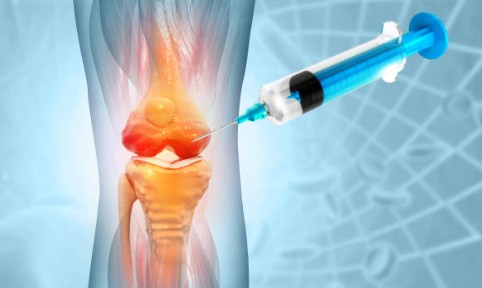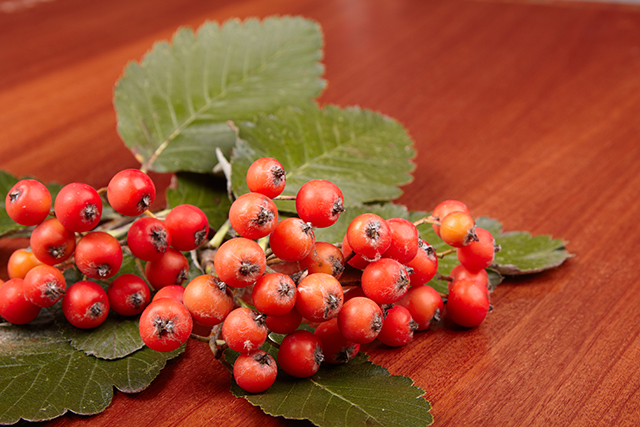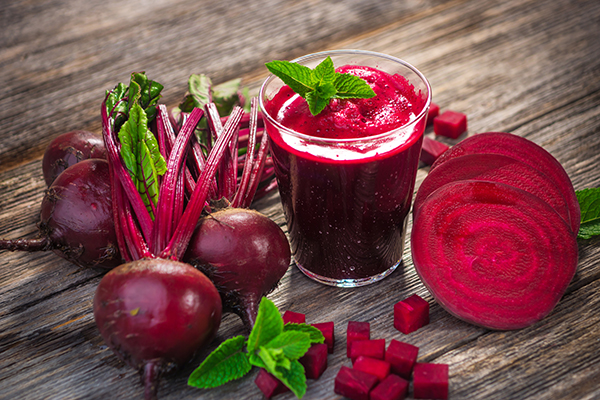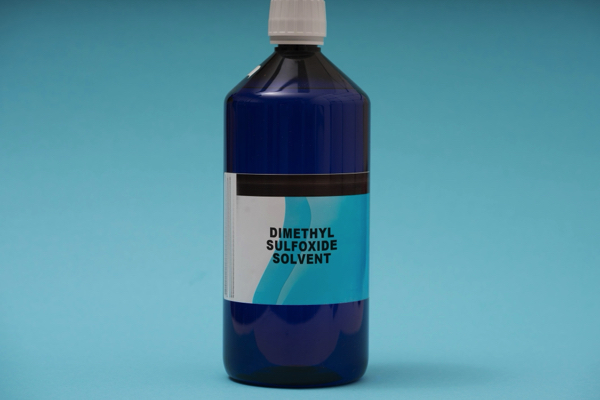CORTISONE INJECTIONS could be WORSENING arthritis according to major study
06/11/2025 / By S.D. Wells

Natural health advocates around the world have a very similar line of thinking when it comes to dealing with chronic inflammation – invasive therapy is NOT the answer. Inflammation is the catapult of nearly every illness known to mankind, and the causes are mostly bad food, poor environmental conditions, and wait for it … bad medicine. That would include getting cortisone shots for arthritis.
Half of all Americans are overweight, and half of those folks are obese, and half of those obese people are morbidly obese. This takes a toll on the knees over time, and most people who are obese are eating food toxins with every meal, driving inflammation to the brink and making their knees hurt so badly they scream for cortisone injections. Anything to stop the pain, but will it?
Study Warns: Cortisone Shots for Knee Pain May Accelerate Arthritis Damage
A major new study suggests that cortisone injections—commonly used to relieve knee arthritis pain—may worsen joint damage over time, raising concerns about a treatment relied upon by millions. Published in Radiology, the research found that patients who received corticosteroid shots showed faster progression of arthritis compared to those who opted for no treatment or an alternative injection.
The findings challenge a decades-old practice. Since their introduction in the 1950s, corticosteroid injections have been a go-to for short-term arthritis pain relief, with more than 10% of knee arthritis patients receiving them annually. But the study’s MRI-based evidence indicates these shots could come at a hidden cost: accelerated cartilage loss and bone damage.
Key Findings:
- Steroid Shots Linked to Joint Deterioration: Patients who received corticosteroid injections showed significantly more arthritis progression—including cartilage lesions and bone marrow damage—than untreated individuals.
- Hyaluronic Acid May Protect Joints: By contrast, those given hyaluronic acid injections (a joint lubricant) exhibited slower disease progression and stable cartilage structure over four years.
- Pain Relief vs. Long-Term Risk: While steroid shots provided stronger short-term pain reduction, hyaluronic acid offered milder but sustained relief without structural harm.
Researchers analyzed data from 210 participants in the Osteoarthritis Initiative (2004–2015), tracking knee health via MRI scans before and after injections. Using the Whole-Organ MRI Score (WORMS), they assessed changes in cartilage, bone, and other tissues. The steroid group (44 patients) showed clear signs of worsening damage, while the hyaluronic acid group (26 patients) had preserved joint integrity.
The study’s lead author, Dr. Upasana Upadhyay Bharadwaj, emphasized the need for caution: “These findings could influence clinical guidelines, encouraging more judicious use of corticosteroids and stronger consideration of alternatives.” However, the research is observational—it doesn’t prove causation, and factors like patient lifestyle or injection frequency may play a role.
Cortisone injections gained popularity for their rapid anti-inflammatory effects, but past studies have hinted at risks. A 2019 JAMA study found repeated steroid injections correlated with cartilage thinning. The new MRI data adds weight to these concerns, suggesting even single injections may hasten joint decline.
For arthritis patients, the study underscores a critical trade-off: immediate pain relief versus potential long-term harm. While cortisone shots remain useful for severe flare-ups, the research advocates for personalized discussions about alternatives like hyaluronic acid—particularly for mild-to-moderate cases.
As Dr. Bharadwaj noted, “The public impact is significant.” With osteoarthritis affecting 32.5 million U.S. adults, these findings could reshape treatment protocols, prioritizing joint preservation alongside symptom management. Further randomized trials are needed, but for now, patients and doctors may want to rethink the knee-jerk reach for cortisone.
Tune your internet dial to NaturalMedicine.news for more tips on how to use natural remedies for preventative medicine and for healing, instead of succumbing to Big Pharma products that cause, spread, and exacerbate disease and disorder.
Sources for this article include:
Submit a correction >>
Tagged Under:
arthritis, Censored Science, Cortisol, cortisone, injections, invasive medicine, knee pain, knee shots, medicial violence, obesity, pain relief, therapy
This article may contain statements that reflect the opinion of the author





















